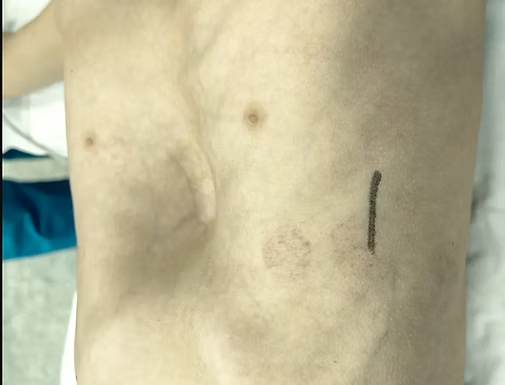Depending on the severity of the chest wall deformity, individuals with pectus excavatum may experience a range of symptoms. While mild cases often go unnoticed, severe forms can significantly affect both physical health and psychological well-being.
Physical Manifestations of Severe Pectus Excavatum
In severe cases, the indented chest wall may compress the heart and lungs, leading to noticeable symptoms such as palpitations, shortness of breath, and difficulty breathing. Patients may also experience gastrointestinal issues, including loss of appetite and indigestion, as well as delayed growth in children and adolescents. Recurrent upper respiratory infections are another potential symptom. These highlight the importance of early recognition and monitoring of pectus excavatum symptoms to prevent long-term complications.
Long-Term Effects and Associated Conditions
Beyond immediate physical concerns, severe pectus excavatum can contribute to postural problems, including scoliosis, which is more commonly observed in patients with long-standing or severe deformities. The condition can also increase psychological stress, affecting confidence and social interactions. Organizations like the Institute of Chest Wall Surgery (ICWS) emphasize that identifying pectus excavatum symptoms early is essential for effective management. The focus should remain on addressing both the physical correction and the broader effects of the deformity, including its impact on appearance, posture, and psychological well-being.
Conclusion
Recognizing and understanding pectus excavatum symptoms is critical for improving the quality of life in affected individuals. From breathing difficulties and palpitations to scoliosis and psychological stress, the condition brings a variety of challenges that require attention. Specialized institutions such as the Institute of Chest Wall Surgery (ICWS) provide expert evaluation and comprehensive treatment for individuals experiencing symptoms due to pectus excavatum.
